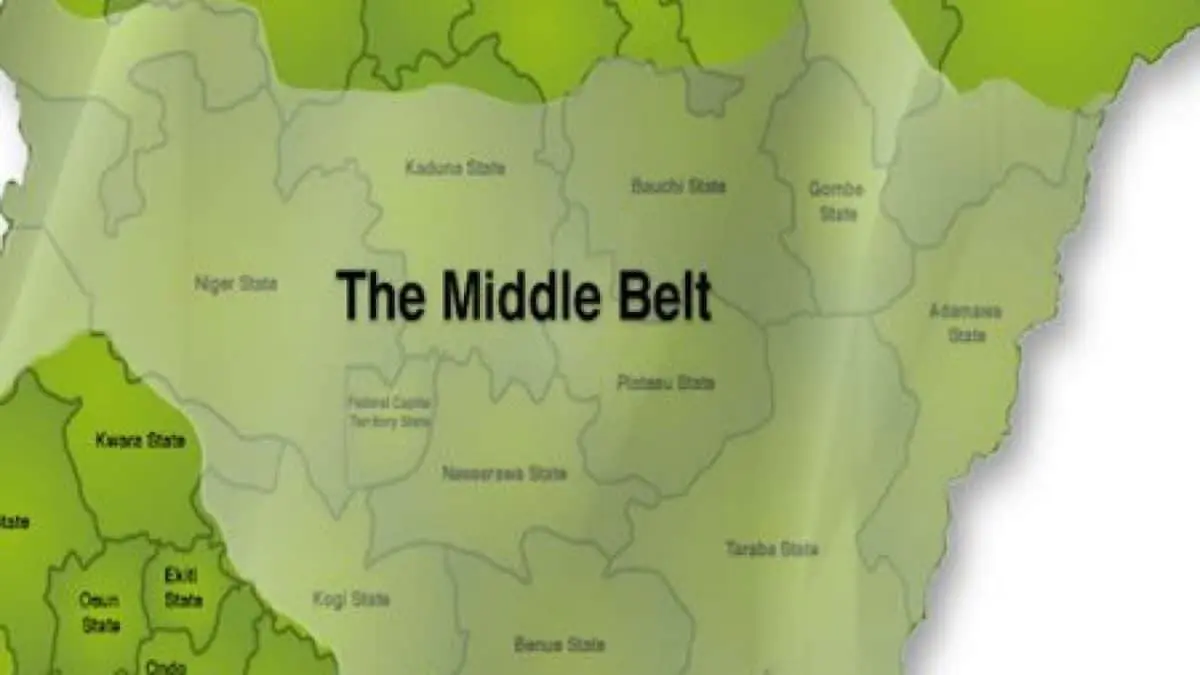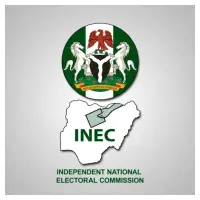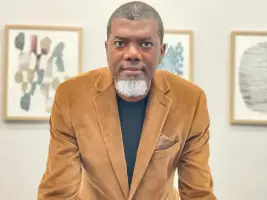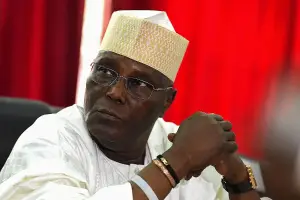The Middle Belt Forum (MBF) has firmly opposed a controversial clause in the National Council for Traditional Rulers of Nigeria (Establishment) Bill, 2024, which proposes to install the Sultan of Sokoto and the Ooni of Ife as permanent co-chairmen of the proposed council.
The bill, currently before the National Assembly, was sponsored by Senator Simon Bako Lalong (Plateau South), a prominent son of the Middle Belt and the Gwad-Goemai of the Goemai ethnic nation. Having passed its second reading in March 2025, the bill is now under consideration by the Senate Committee on Establishment and Public Service.
In a statement issued by the forum's national spokesman, Mr. Luka Binniyat, the MBF declared: "While we leave our esteemed partners from the Southern region to determine their position on the inclusion of the Ooni of Ife, the Middle Belt Forum unequivocally rejects, abhors, and condemns the institutionalisation of the Sultan of Sokoto as a permanent co-chairman of this proposed council."
The forum's opposition is rooted in historical, cultural, constitutional, and moral grounds, asserting that the Sokoto Sultanate is historically junior to several Middle Belt monarchies.
Historical Precedence of Middle Belt Monarchies
The MBF highlighted that the Sokoto Caliphate is relatively young compared to ancient kingdoms in the Middle Belt. They specifically mentioned the Kwararafa Confederacy, which flourished between the 800s and 1700s A.D., predating the Caliphate by centuries.
"The Aku Uka of Wukari, its current spiritual heir, represents a legacy that predates the Sokoto Caliphate's very existence. The Sultan of Sokoto can therefore not supersede the Aku Uka of Wukari in status and prestige to seat over him as Chairman of the Traditional Council created by law," the statement read.
The forum also noted that other traditional rulers, including the Attah of Igala, whose kingdom flourished before and after the 14th century, the Tor Tiv, and the Etsu Nupe, all represent monarchies that either predate the Sokoto Caliphate or were never conquered by it.
Religious vs. Traditional Leadership
Another key argument presented by the MBF is that the Sultan of Sokoto is primarily a religious leader rather than a secular traditional monarch. The forum explained that the Sultan is widely acknowledged as the spiritual head of Nigerian Muslims, particularly across the 19 Northern States and the FCT, making his leadership role fundamentally religious in nature.
"To ask that the Tor Tiv permanently defer to the Sultan in council matters is a gross distortion of historical facts and a violation of indigenous dignity," the statement argued.
Potential Consequences and Alternatives
The Middle Belt Forum has issued a warning that if the Senate passes the bill with the contentious clause and it receives presidential assent, they will mobilize all ethnic nationalities across the Middle Belt to boycott participation in the Council.
"We shall, in accordance with constitutional liberties, form our own autonomous Council of Middle Belt Traditional Rulers, which shall reflect the historical, cultural, and moral values of our people," the forum declared.
As an alternative, the MBF suggested that the chairmanship of the council should be rotational across all geo-political zones or ethnic blocs and tenure-based to ensure fairness and inclusivity. They also proposed that traditional rulers could democratically elect their chairperson(s) through a transparent process that reflects Nigeria's pluralism.
The bill continues to generate significant debate as it progresses through the legislative process, highlighting the complex interplay of historical, cultural, and political factors in Nigeria's traditional institutions.
Follow BenriNews on Facebook, Twitter, LinkedIn, WhatsApp, and Telegram for more updates on this developing story.











